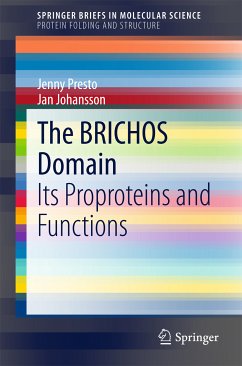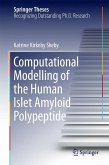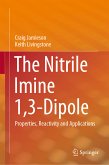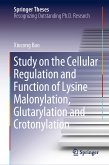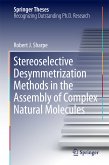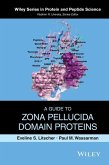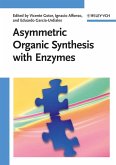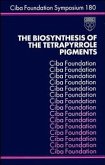This Brief summarizes the current research on the novel BRICHOS domain, which is a chaperone domain found in a variety of proteins and is shown to exhibit anti-amyloidogenic chaperone-like functions. The BRICHOS domain is defined from sequence similarities, lacks established physiological function(s) and is found about 10 distantly related pro-protein families, several of which are associated with human disease. In this work, the authors review the mechanism by which BRICHOS inhibits Aß aggregation and examine recent results from in vivo experiments where BRICHOS inhibits Aß aggregation and toxicity in Drosophila melanogaster. BRICHOS is one of nature¿s (more specific) ways to protect against fibril formation, and exploring the potential of using the BRICHOS domain in the fight against Alzeimer's Disease and other amyloid diseases seems highly relevant. This brief is useful for newcomers to this field or researchers in related fields wishing to gain a quick overview of the latest findings.
Dieser Download kann aus rechtlichen Gründen nur mit Rechnungsadresse in A, B, BG, CY, CZ, D, DK, EW, E, FIN, F, GR, HR, H, IRL, I, LT, L, LR, M, NL, PL, P, R, S, SLO, SK ausgeliefert werden.

